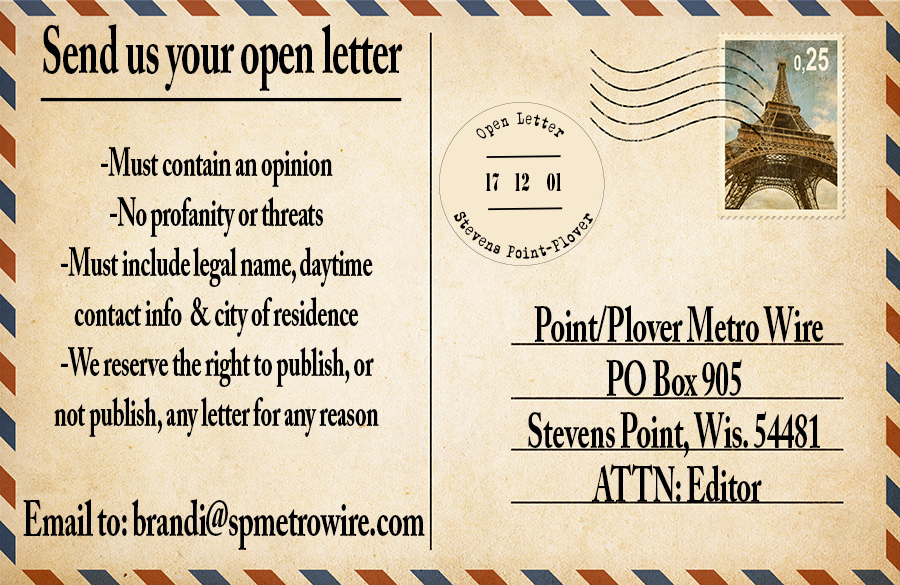Editorial: Electeds should be held to same standard of proof as journalists
By Brandi Makuski
There’s an old saying amongst news reporters that, “If you’re not making enemies, you’re doing it wrong.”
Many journalists encounter a lot of negativity throughout their career. We don’t seek it, but because the facts in our stories and opinions in our columns rarely capture the community as a whole, we expect complaints.
But concerns once expressed by readers through the format of a thought-provoking open letter have been largely replaced—due to the immediacy and anonymity of the internet—with kneejerk reactions designed to criticize. Journalists today bear the brunt of readers’ complaints directly via email, rude phone calls, or more commonly, a nasty comment or negative review against their entire media organization on Facebook.
It’s prompted some organizations, like NPR, to remove the comment section entirely from their social media pages, a controversial move the company made in 2016. And for some reporters, it’s the reason they leave the profession. For others, it’s a reason to double down and provide even more in-depth reporting on controversial issues.
An overlying problem facing media today, especially on the local level, occurs when the community it serves is located in a news desert: any community “severely underserved” by journalists or news outlets, according to the Columbia Journalism Review. It’s a relatively new but troubling development in the news business, but one that compounds the problems associated with communication on the internet—particularly on social media.
A diluted editorial voice in any community can, and often does, mean bad things for taxpayers. Programs are enacted without the public’s knowledge, and expenses are diverted for items which may not actually be for the public good. City and county officials may attempt to whitewash an issue or enact policy changes affecting how it’s respective offices communicate with the public; all without the knowledge of journalists simply because of, ironically, the journalist shortage. Votes are cast without public scrutiny—or sometimes, despite them—when a community is underserved by journalists.
With fewer numbers locally than ever, journalists are forced to conduct triage: the biggest, most pressing, stories get the most attention, and too often, smaller stories once seen as newsworthy are unfortunately left by the wayside, or reported in an untimely manner.
An addition to the problem also exists when elected officials utilize social media to provide their version of events to a strong following. Anyone in elected office can easily take advantage of a journalist shortage, using their own social media reach to air grievances about a personal gripe (perceived or otherwise), decry the media, or spread false information, all without facts to support their claims.
Journalist shortage or not, our industry still operates in the world of reality: quotes, data, enlightened opinion, all based on some measure of fact. Journalists are required to cite sources, verify information and attempt to provide equal time to both sides of an issue (though it’s not always possible; sometimes we’re forced to write, “A request for comment from X was not immediately returned). To publish something outside of the boundaries of provable fact or cited source is not only irresponsible and unethical, it can also be illegal.
There is a legal term in which most who work in the public eye should be keenly aware: “actual malice”. Under state statute, it means the “intentional falsity or reckless disregard for the truth,” although under Wisconsin Statute 895.05, “repeated publication of a statement after being informed that the statement was false does not constitute actual malice so long as the speaker believes it to be true”.
But as the United States Supreme Court has repeatedly upheld since the 1960s, reckless disregard for the truth is not protected by the First Amendment. Following that court’s rulings, the Metro Wire protects itself from liability, and our stories from being perverted, by not allowing comments containing reckless disregard for the truth in our comment section. A further explanation is clearly outlined in our Social Media Community Policy, which can be found under the “About Us” tab of our website.
Even with the journalist shortage, our industry continues to operate, with minor exceptions, very differently from the world of Facebook. We utilize a series of checks-and-balances to verify information before putting it out to the public, work diligently to keep news and opinion separate, and as often as possible place a second, third, and sometimes fourth, set of eyes on a story before it’s published.
Elected officials at all levels should be held to the same set of standards. Use of one’s “celebrity” on Facebook to further a personal agenda or gripe is bad for everyone, and further erodes the delicate institution of The Fourth Estate.

